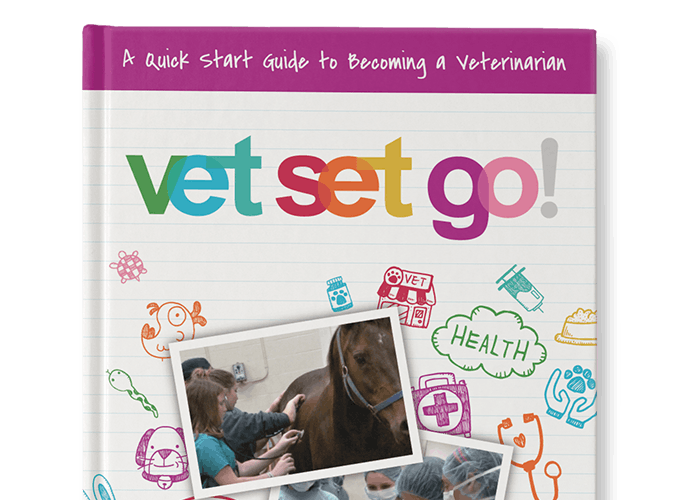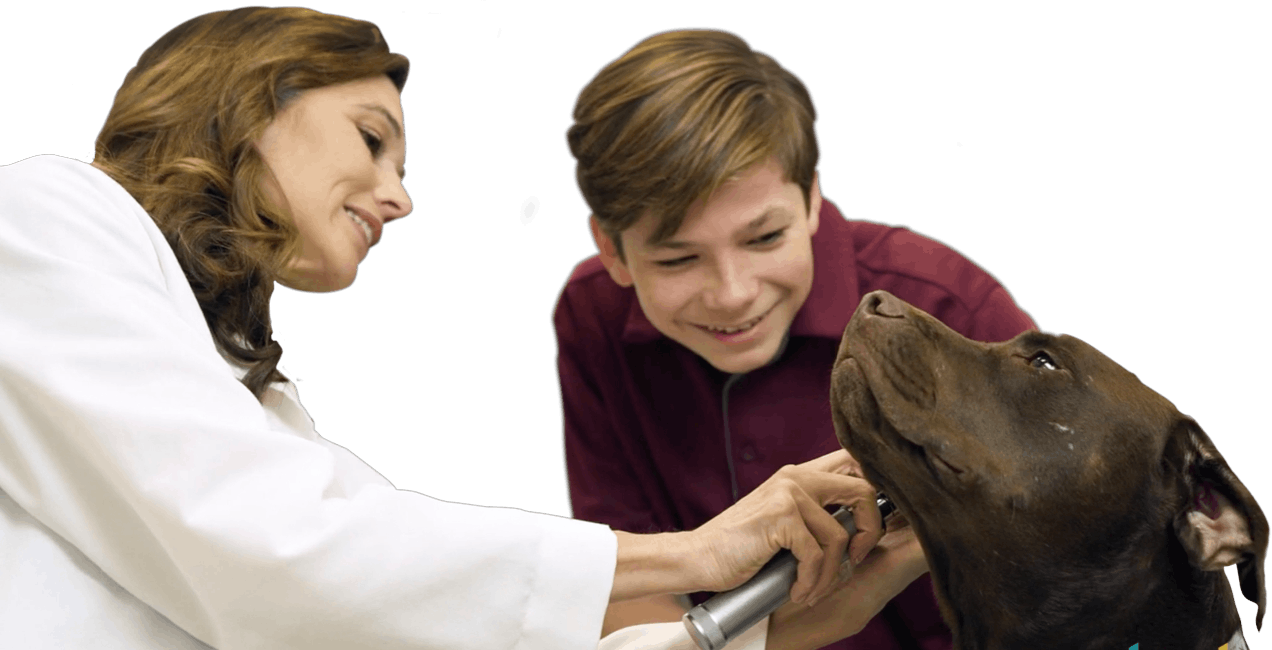Sir Winston Churchill once wrote, “There is something about the outside of a horse that is good for the inside of a man.” As an equine or horse veterinarian, you will definitely spend a good part of your time around the outside of a horse. The question you should be asking is, “What will I do?”
In general, equine practitioners have very focused practices. Veterinary surveys have shown that a very small number of procedures make up the foundation of every horse doctor’s practice.1 Veterinarians who specialize in treating horses focus the majority of their time on diagnosing and treating lame animals and animals with colic (stomach problems), facilitating reproduction and breeding, vaccinating horses, and providing “pre-purchase exams” for owners. In order to perform these tasks, horse veterinarians must be very skilled in a select group of procedures.
To diagnose a lame horse, veterinarians must “block” or anesthetize portions of the leg and take radiographs (x-rays) to identify the location of the injury. When a horse has colic, a veterinarian takes a good medical history, passes a tube into the horse’s stomach, and administers medications. Reproductive (breeding) cases require many special skills such as diagnosing horses that are pregnant and administering drugs to “manage” a mare’s ability to become pregnant.
To be an equine veterinarian you must be sharp both physically and mentally. Through surveys, equine veterinarians have told us that they perform a blend of physical and mental tasks that is unique in the veterinary industry. Thirty-three percent of tasks they identified required good mental skills (e.g., organization and analysis of data), and 41% required good physical skills (e.g., lifting and pulling). The remaining 26% of the tasks required a combination of both physical and mental abilities.2
Future veterinarians should also note that equine veterinarians, like their veterinary colleagues, spend a large portion of their time on non-medical procedures. In fact, 18% of the procedures that horse doctors performed on a weekly basis involved client communication and business procedures. People skills are an important part of any veterinary practice! Tasks such as talking with clients over the telephone, providing accurate estimates, explaining procedures to clients, and maintaining complete medical records contribute greatly to the success of equine veterinarians and their practices.
Finally, future horse veterinarians should spend time learning the basics of horse husbandry. Techniques such as approaching and capturing a horse and attaching the halter and lead are important to learn for anyone who loves horses. Equine veterinarians identified basic husbandry tasks as the most important tasks at which a horse veterinarian must be proficient. If you want to be an equine vet, start working around horses today!
1. John A.E. Hubbell DVM, MS, DACVA, “Frequency of Activities and Procedures Performed in a Private Equine Practice and Proficiency Expected of New Veterinary School Graduates”, Journal of the American Veterinary Association, Vol 232, No 1, January 1, 2008, 42.2.
Hubbell, 45












Comments Add Comment
Sage.lee
This is what I want to be.
Dr. Chris Carpenter
I know you can become an equine vet. Just get out there and start exploring your dream!
FutureVet1
Is there any way you can job shadow an equine vet? I've tried looking and can't seem to find any in my area.
Want to add a comment?
In order to comment you need to login or join Vet Set Go